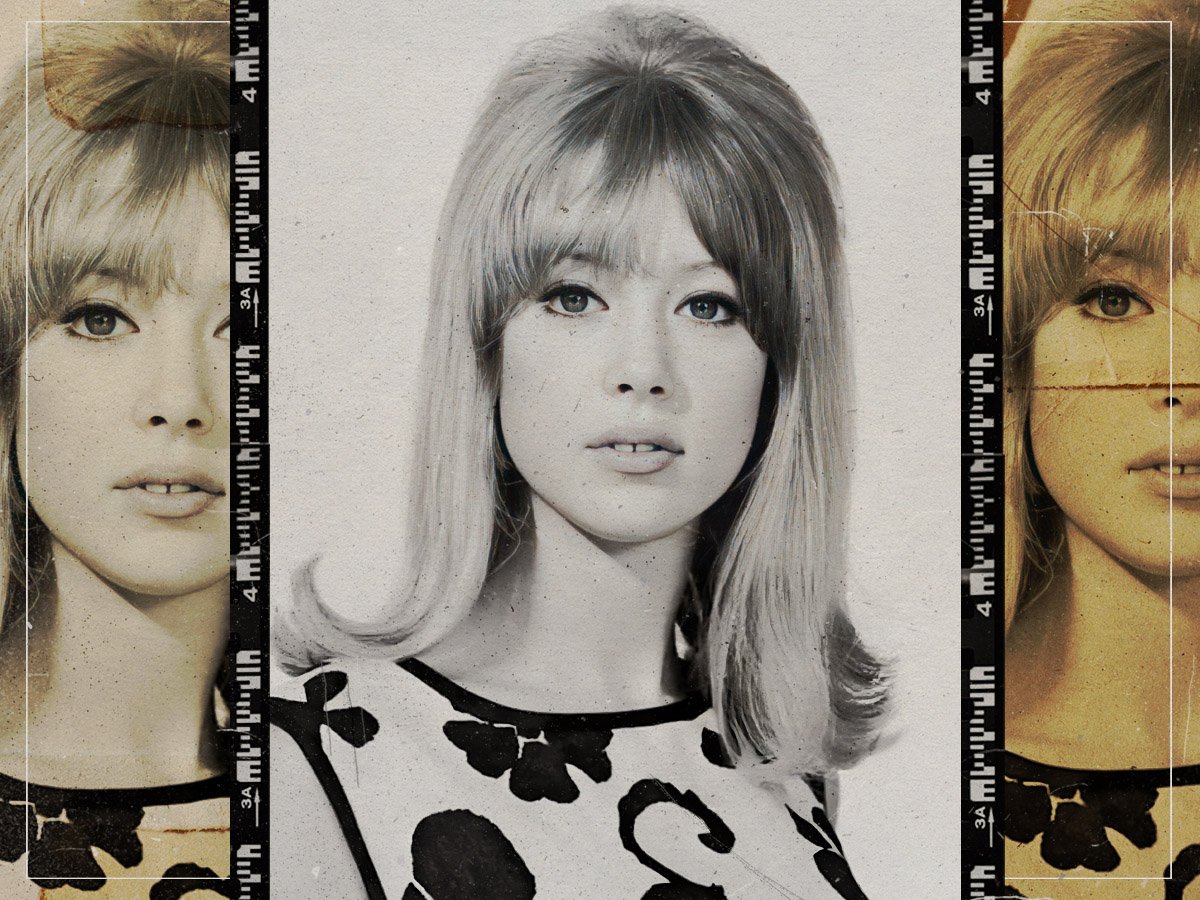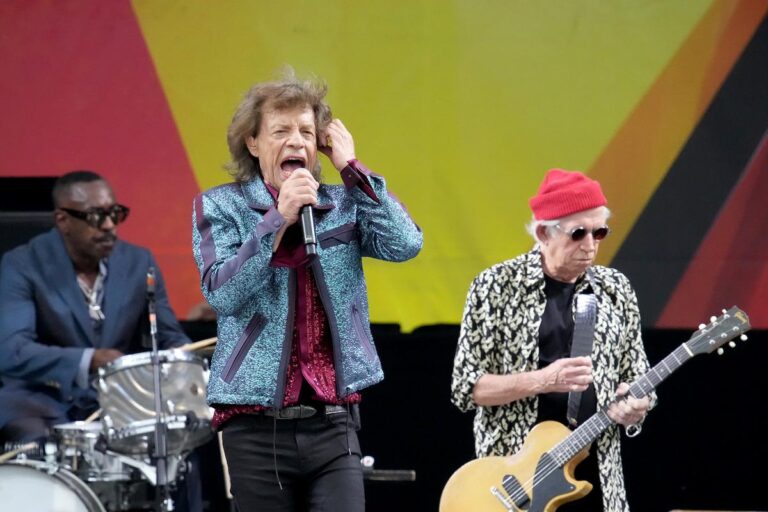Pattie Boyd Unveils The Rolling Stones Hit That Melts Her Heart
Pattie Boyd’s life has had music intertwined in the same way commas and full stops flitter through paragraphs. Herself a muse, Boyd has been surrounded by music her entire life; her exposure to it only enhanced when she appeared in The Beatle’s film A Hard Day’s Night.
Here, she met George Harrison, whom she later married in 1966. Years later, she and Harrison, along with other Beatles members like Ringo Starr and his wife Maureen Starkey Tigrett, drank in busy pubs in Piccadilly. Harrison sits on the pub bench motionless, inadvertent to dancing, while Boyd moves around freely to one of her favourite songs by The Rolling Stones: ‘(I Can’t Get No) Satisfaction’.
The track was a massive turning point for The Rolling Stones. Where previously they had to rely on the songwriting of others, this track was conjured up by both Mick Jagger and Keith Richards, being allowed to inject a blues track at heart with unrelenting rock n roll, completely freeing themselves from the shackles that previously bound them and stepping straight into what it actually meant to be a Rolling Stone.
Many people turned their backs on the song, not being fans of the overtly explicit nature of it. Many radio stations also weren’t massive fans of the track, with many places banning it from being played altogether. Of course, the Rolling Stones wore that like a badge of honour, and the sexiness of the track appealed to listeners.
“This song was so Stones, so them! Nothing would satisfy them when they were young; they were so determined in their attitude: ‘Just keep ploughing on, there’s gotta be something for us somewhere’,” said Boyd, “They nailed it in that song, a very sexy song that was good to dance to and sounded great in clubs.”
Despite the acclaim the track received from the public at large, Richards was never sure whether or not it would be enough to be a single. His hesitation was that the song was just a bit simple, and as such, they should be going for something a bit more out there, especially if they were going to compete with the rising competition of the Beatles. “I never thought it was anything commercial enough to be a single,” he said.
Jagger knew better and pushed the track to be released as a single. “I think Keith thought it was a bit basic,” he said, “I don’t think he really listened to it properly. He was too close to it and just felt it was a silly kind of riff.”
The riff is now embedded within the history of rock music, and the track itself is one that fans still wait for with bated breath whenever they’re at a gig. What was the beginning of the duo’s songwriting partnership will always be remembered by people as an excellent tune, including Pattie Boyd.







